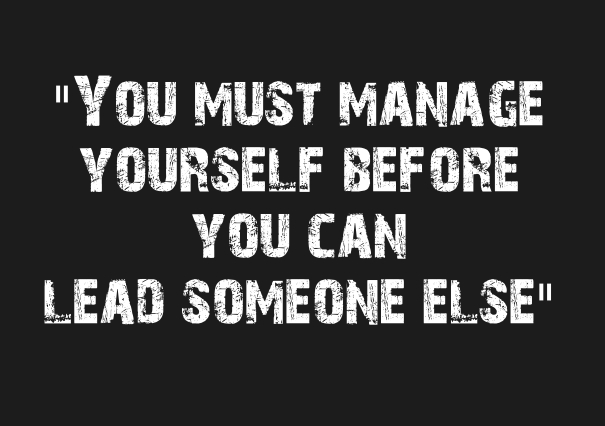I was looking for a free book on leadership and found this book by Steve Williams. See excerpt below:
Steve Williams: Leadership: The Successful Leader – Maximize Your Potential and Lead Like You Were Born To!
Chapter 1 – What is Leadership?
“Many times we see people in a leadership position and it seems like they really have no idea what leadership is or how to be a truly successful leader. In this chapter, I want to quickly go over what leadership is and what a successful leader looks like.
Most people believe leadership is nothing more than the act of leading a group of people in some activity, but that could not be further from the truth. There are also those who lead from the sidelines, meaning they do not take part in the activity, but instead, tend to tell everyone else what to do.
The truth is, when you are a true leader, you will be involved in the activity, each person you are leading will be in the best position according to their skills and talents and you will not have to tell people what to do or micro-manage they will be following your lead.
After all, that is what it is all about. When you are a leader your job is to get people to follow your lead, not do what you say simply because you said for them to do it. Asking what leadership is may seem like a very simple question, but in fact, it is a very complex question and deserves a deeper look.
Leadership is going to mean a lot of different things to a lot of different people. In fact, if you asked 100 people what leadership means to them, chances are you are going to get 100 different answers. So, to define leadership, you need to ask yourself what leadership means to you.
Some people define leadership as the ability to move a group of people toward a specific goal, others define it as directing people through a specific activity, and still others feel that leadership is being able to direct the actions of people by serving the needs.
Personally, I feel that leadership is actually all three. When you are a true leader, you are able to move a group of people through direction through the activity that you want them to accomplish while focusing on the needs of the people”(25).
As for me, leadership is bringing people together and guiding them in a certain direction. Sometimes, you can lead even without saying a word; just by showing action. I am a leader both in my home with my children and at school and work. In my years of being a supervisor, was my leadership style was never by dictatorship. I tried to show my staff that I valued their opinion and got them to trust me to make the best decision. Now as a full-time student, I take every opportunity to step up as a leader.
How about you? What’s your definition of leadership and how do you lead?
Next Friday’s blog: Self Evaluations – Know Thyself
Week 1: Introduction: The Softer Side
Week 2: What are the Most Important Soft Skills?
Week 3: Five Key Principles of Successful Connection
Week 4: How to Develop Leadership Skills Starting With You
Week 5: K.I.S.S Keeping It Simple May Not Be So Simple










